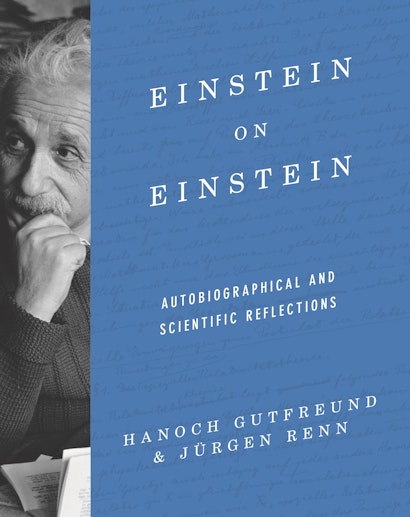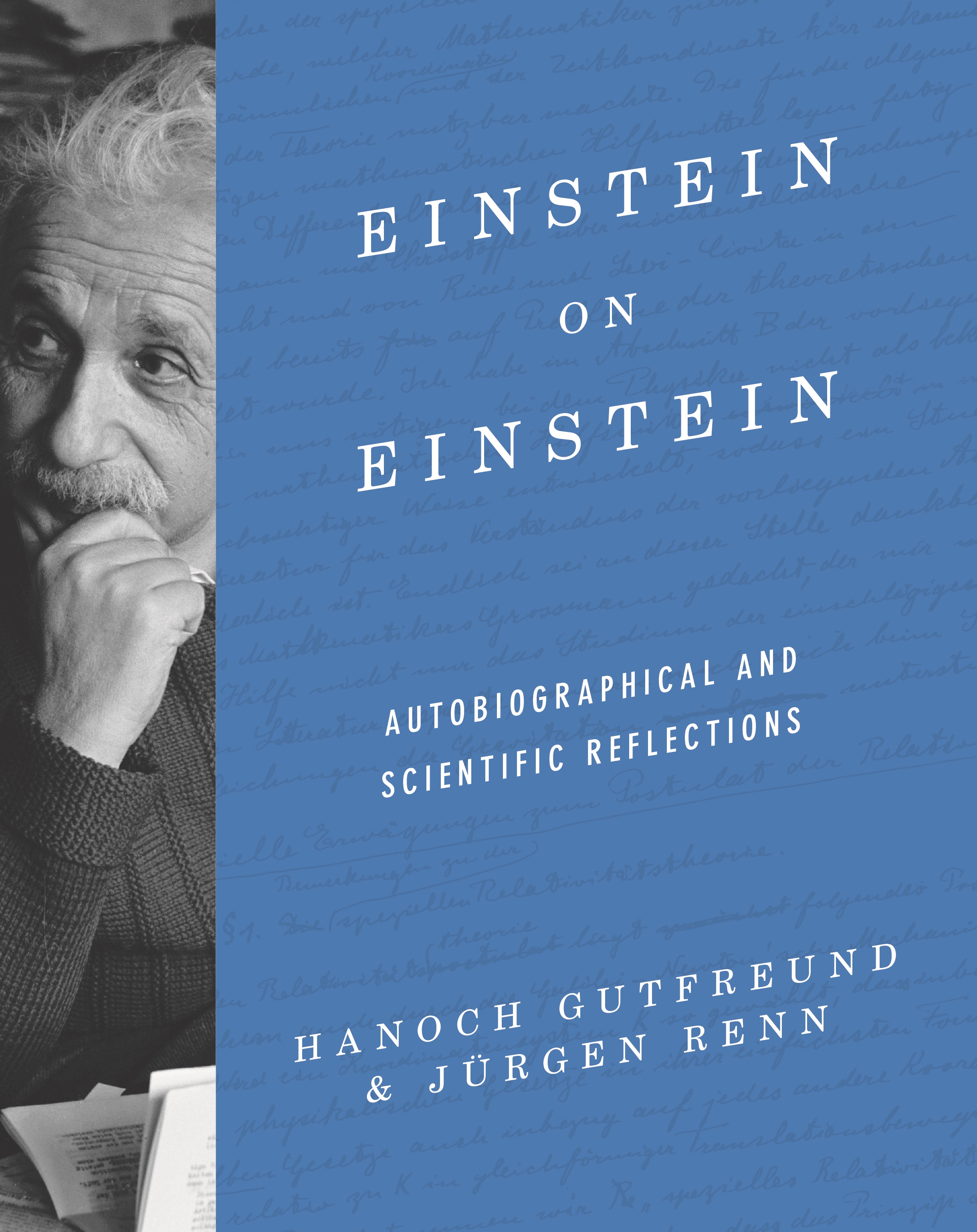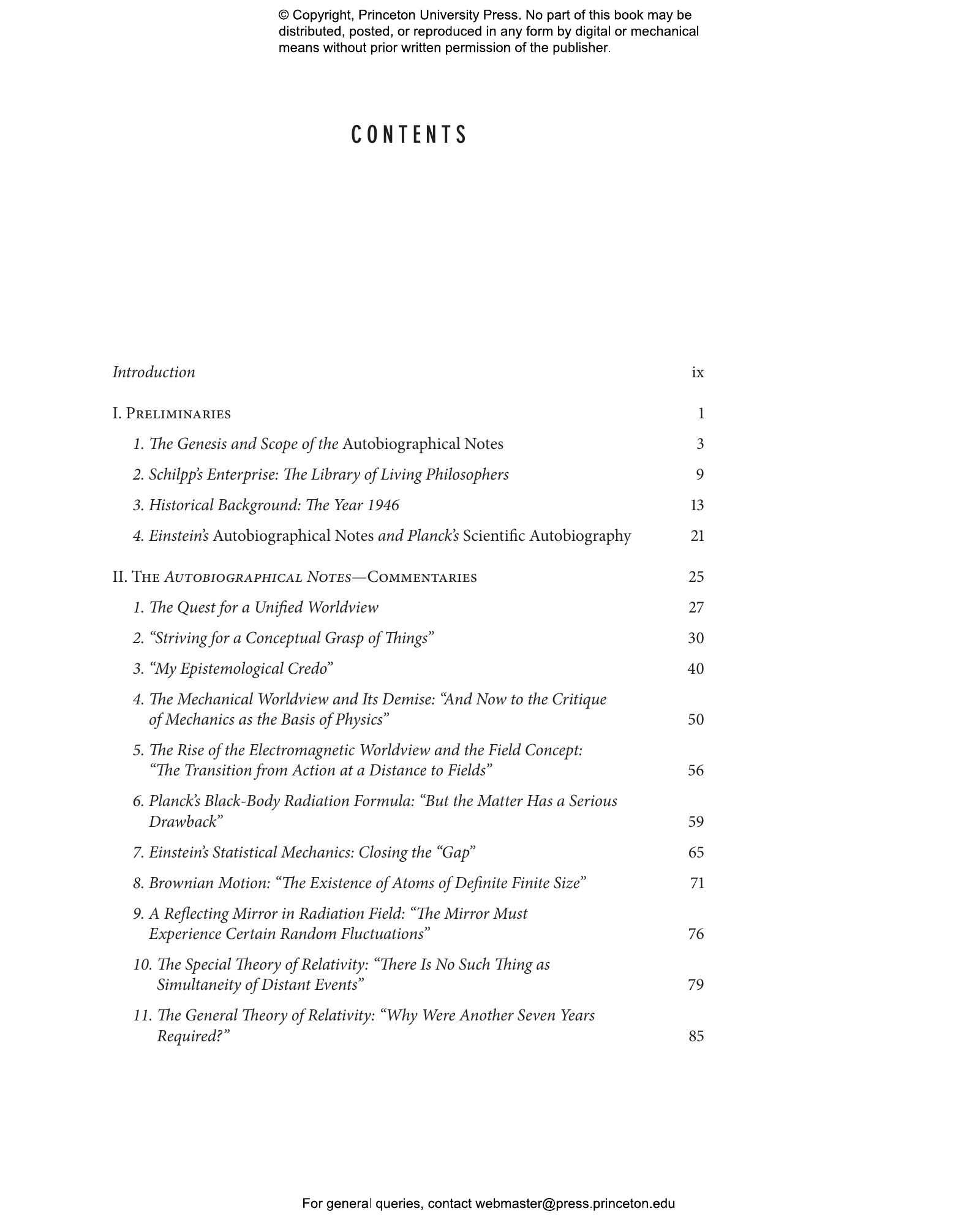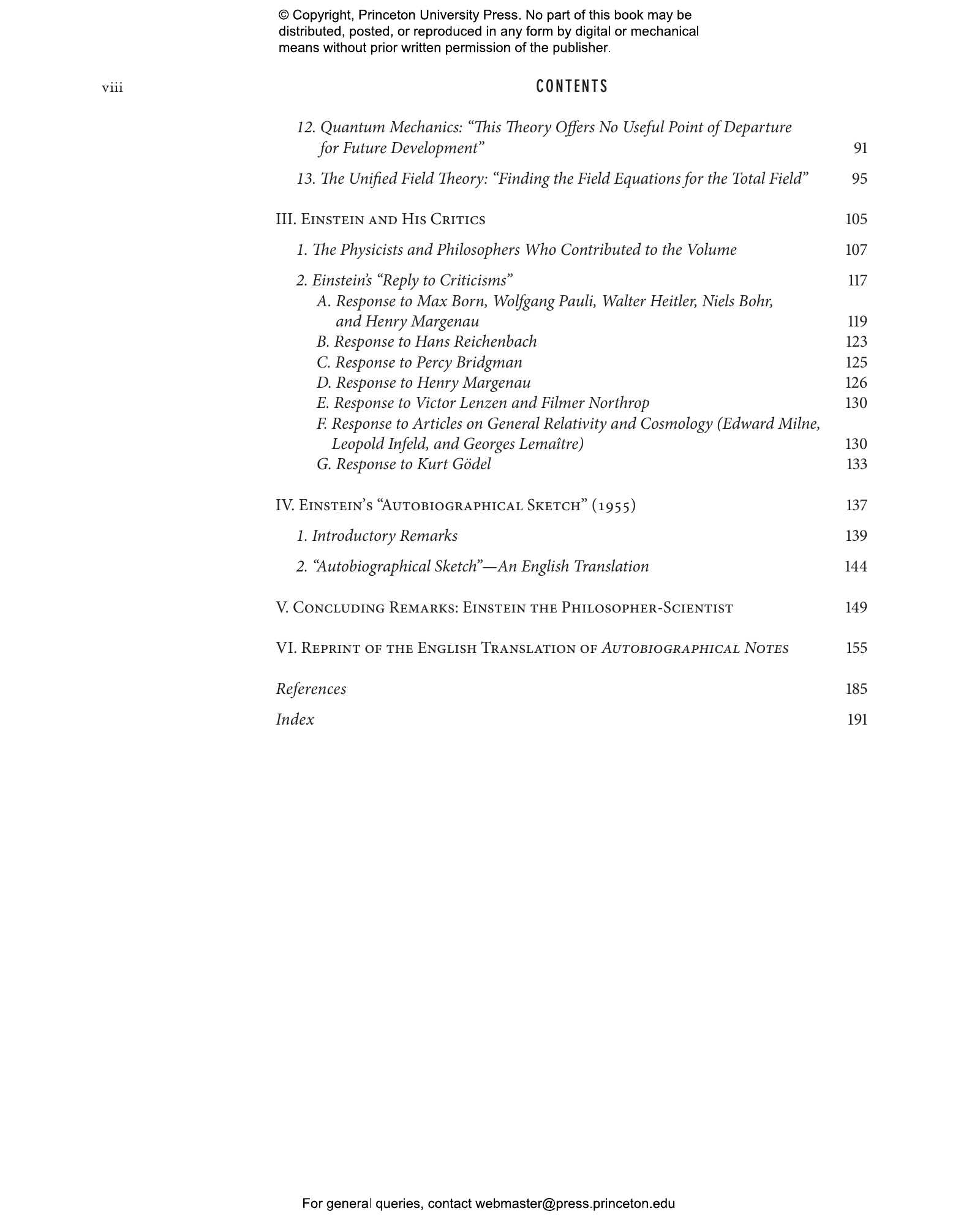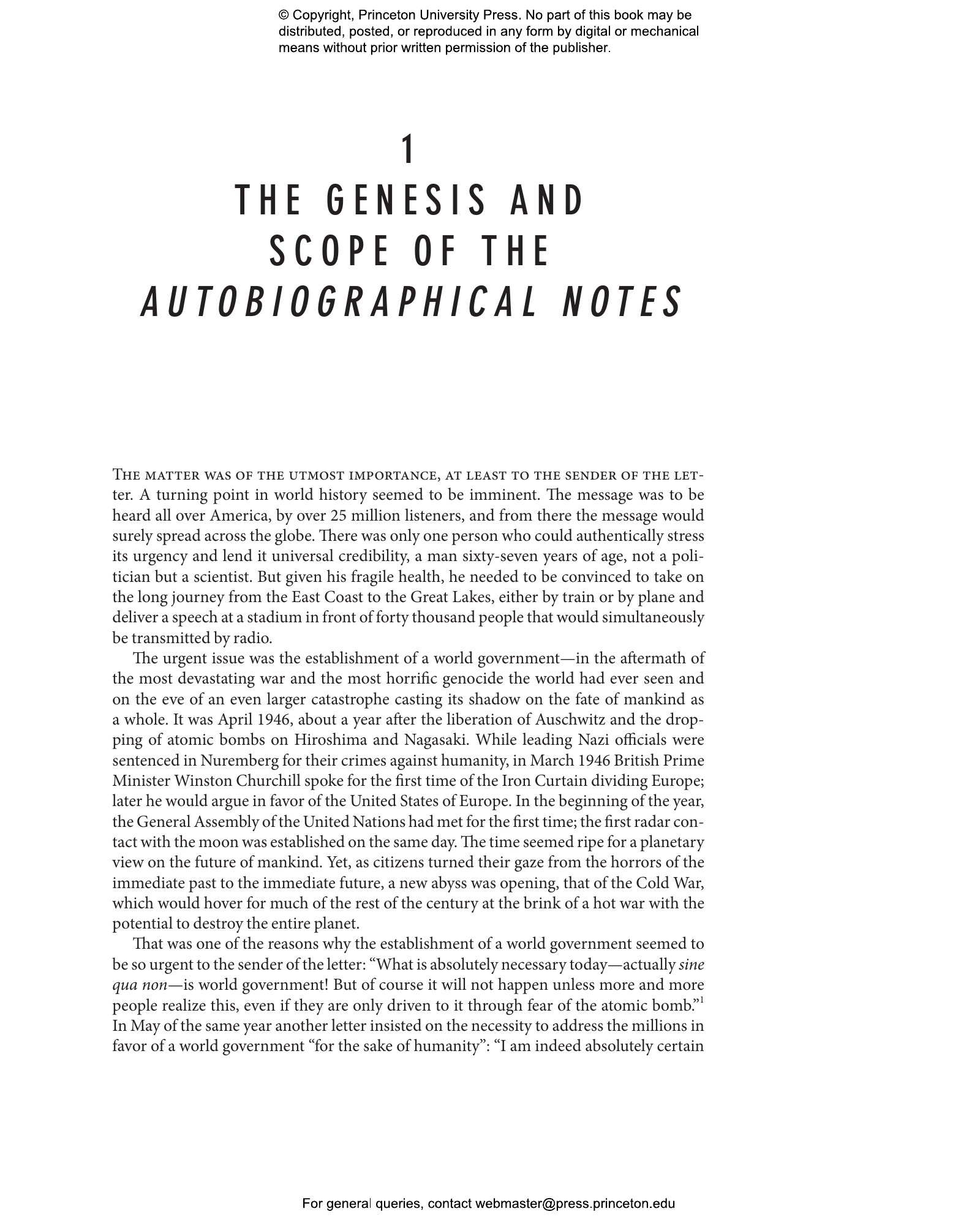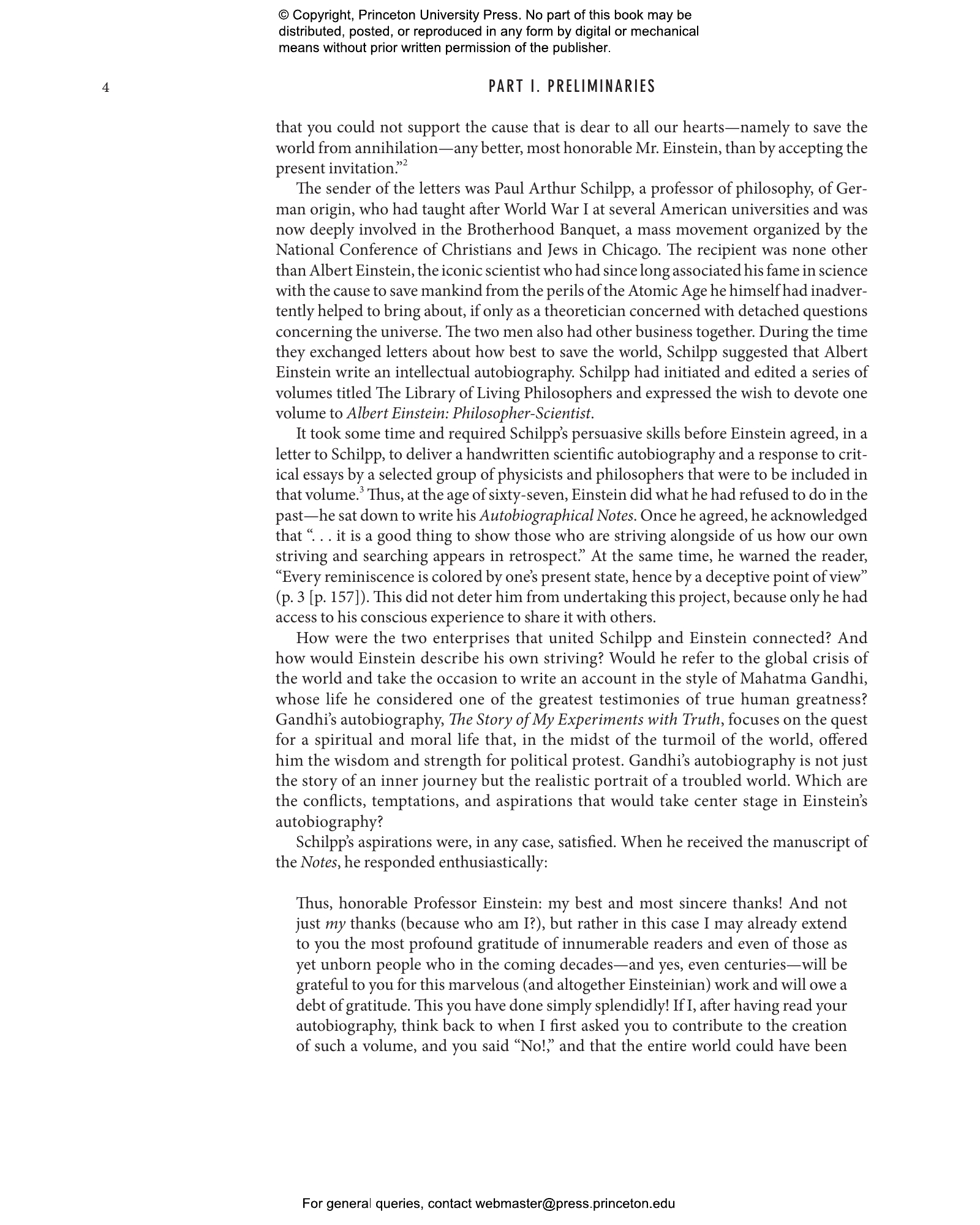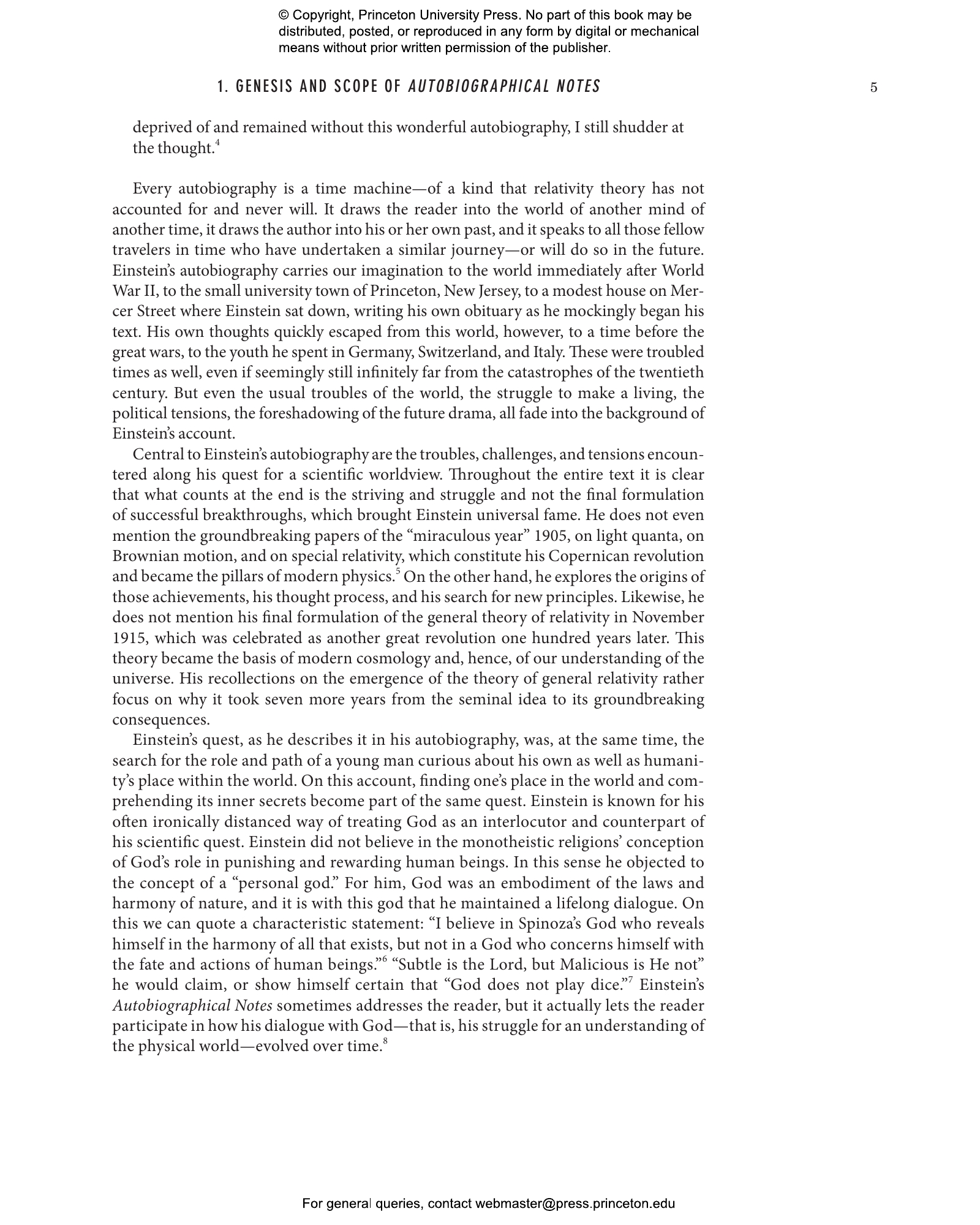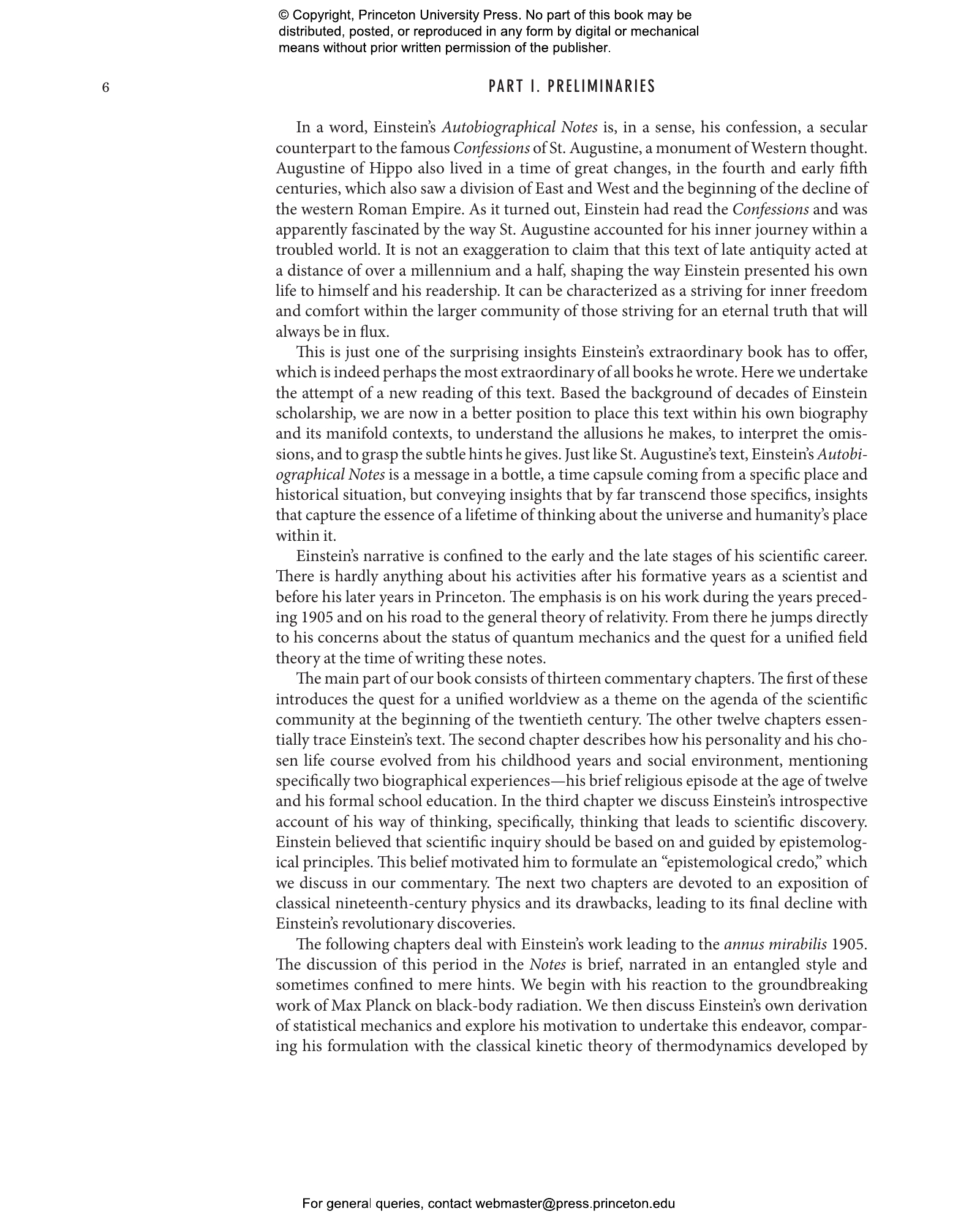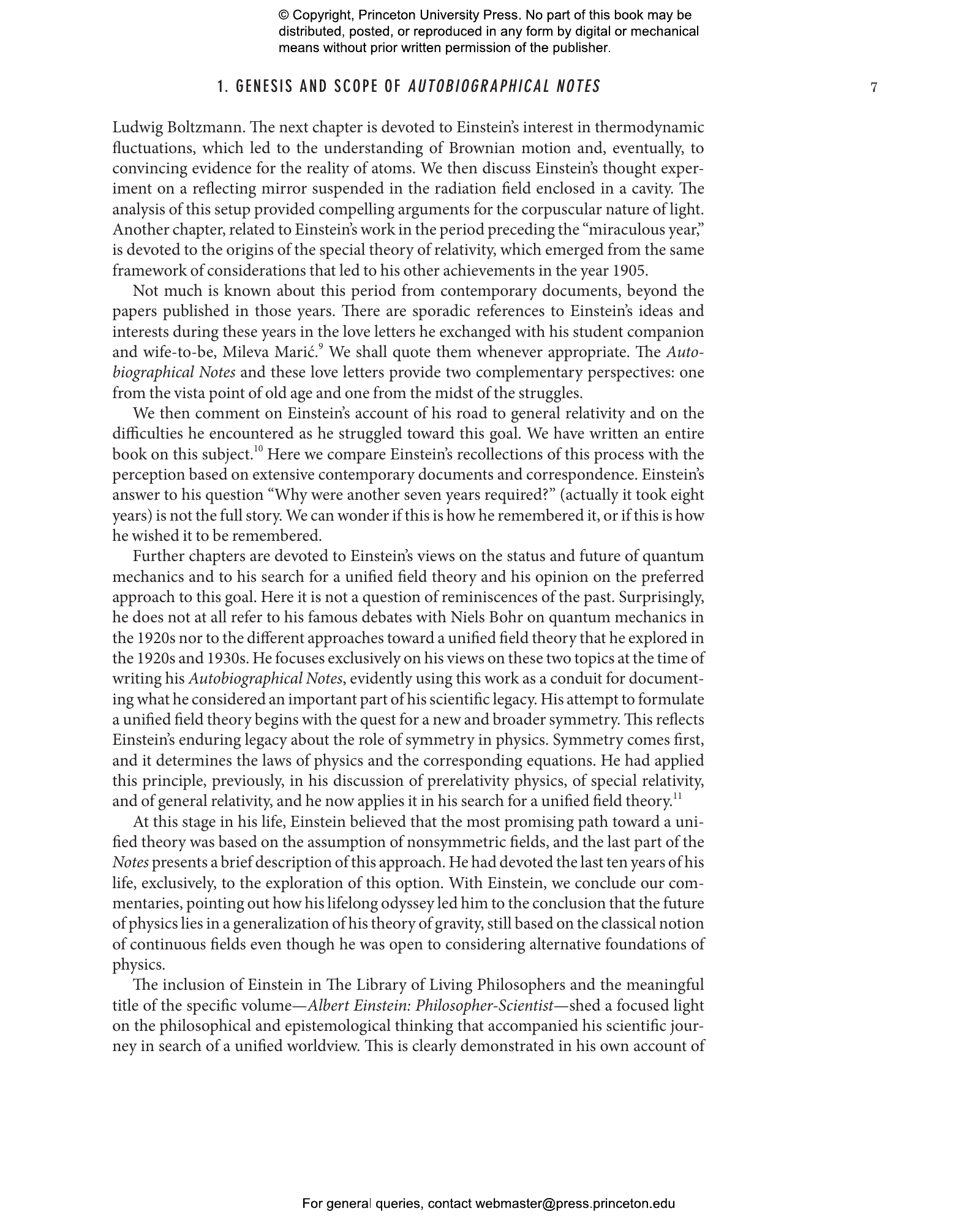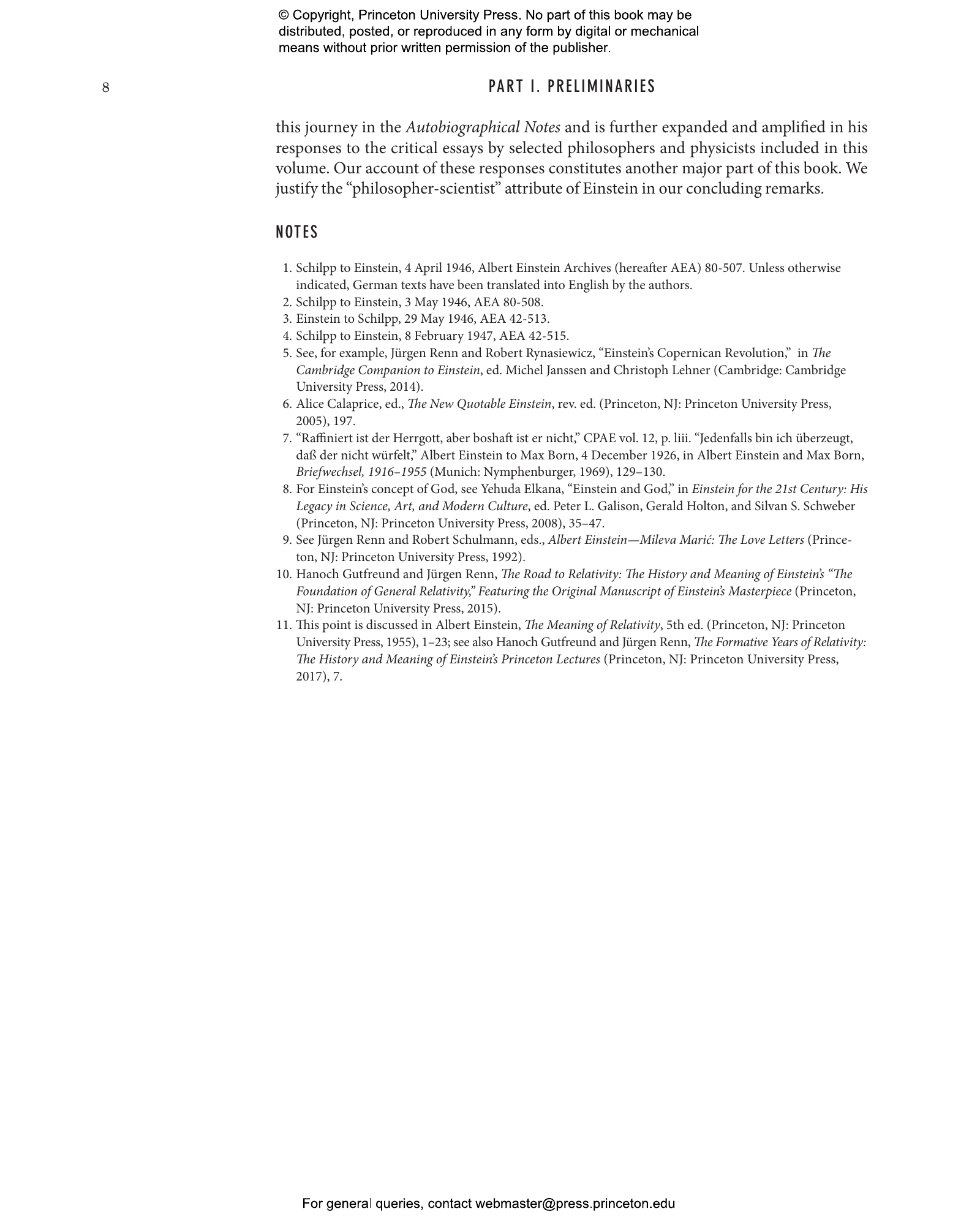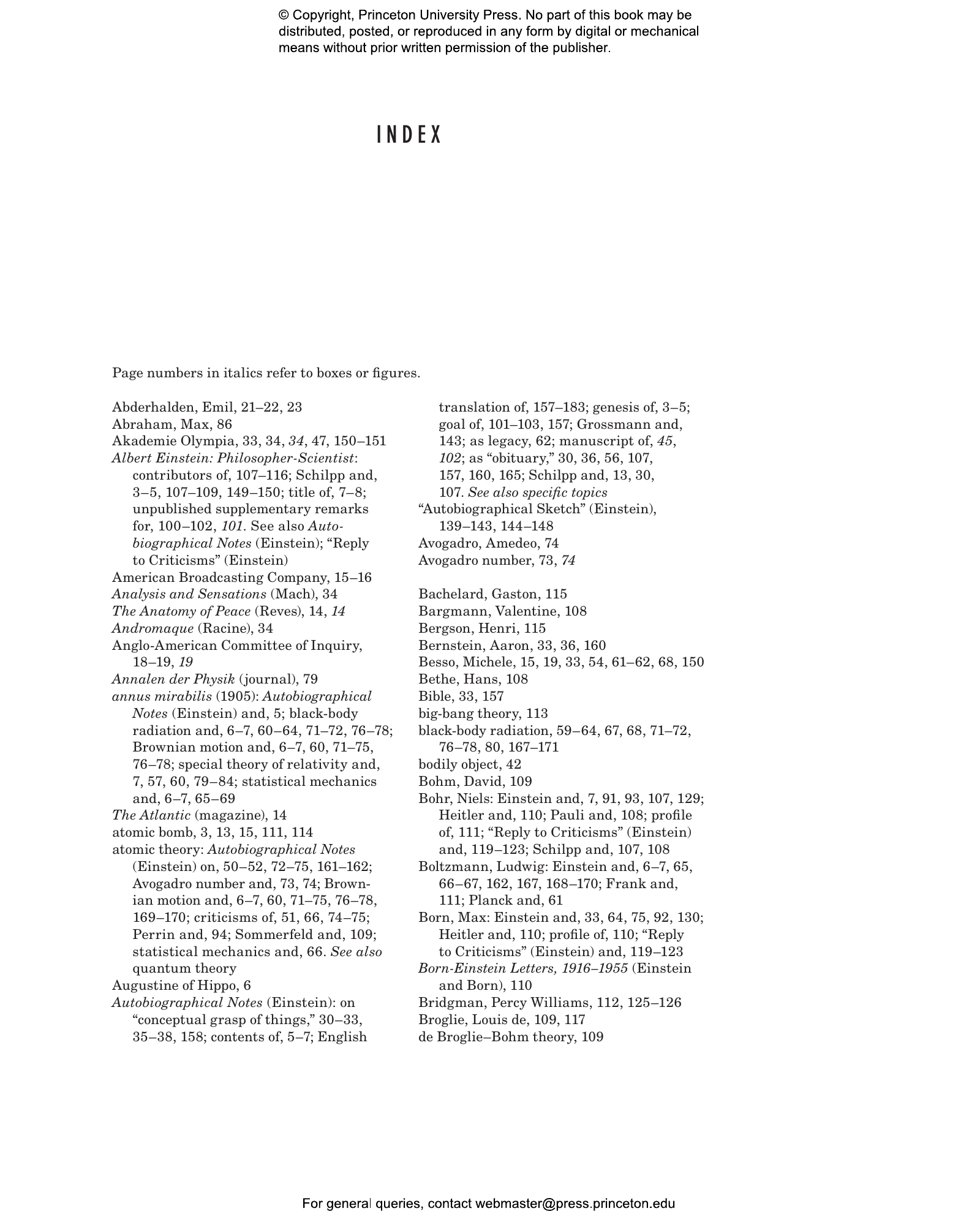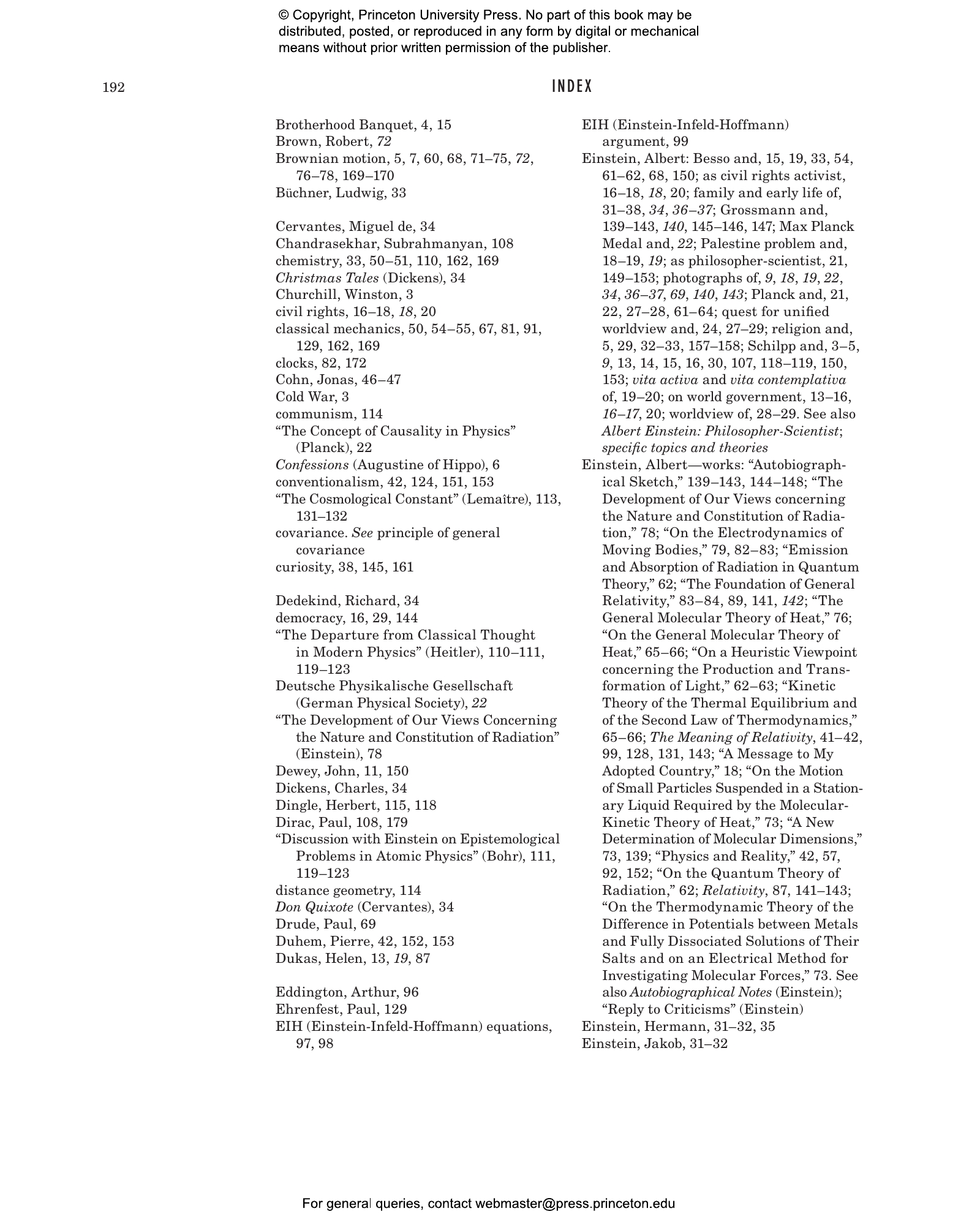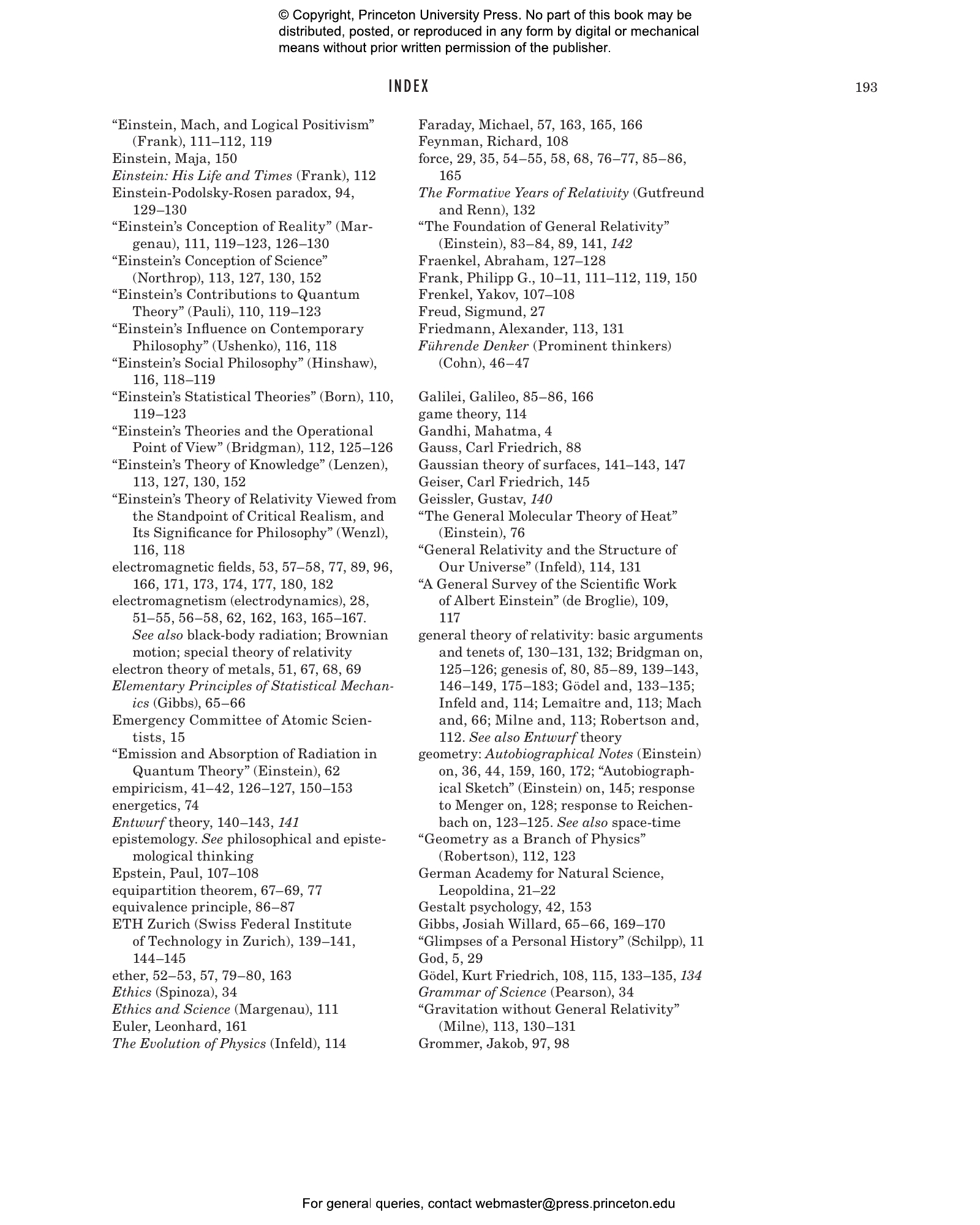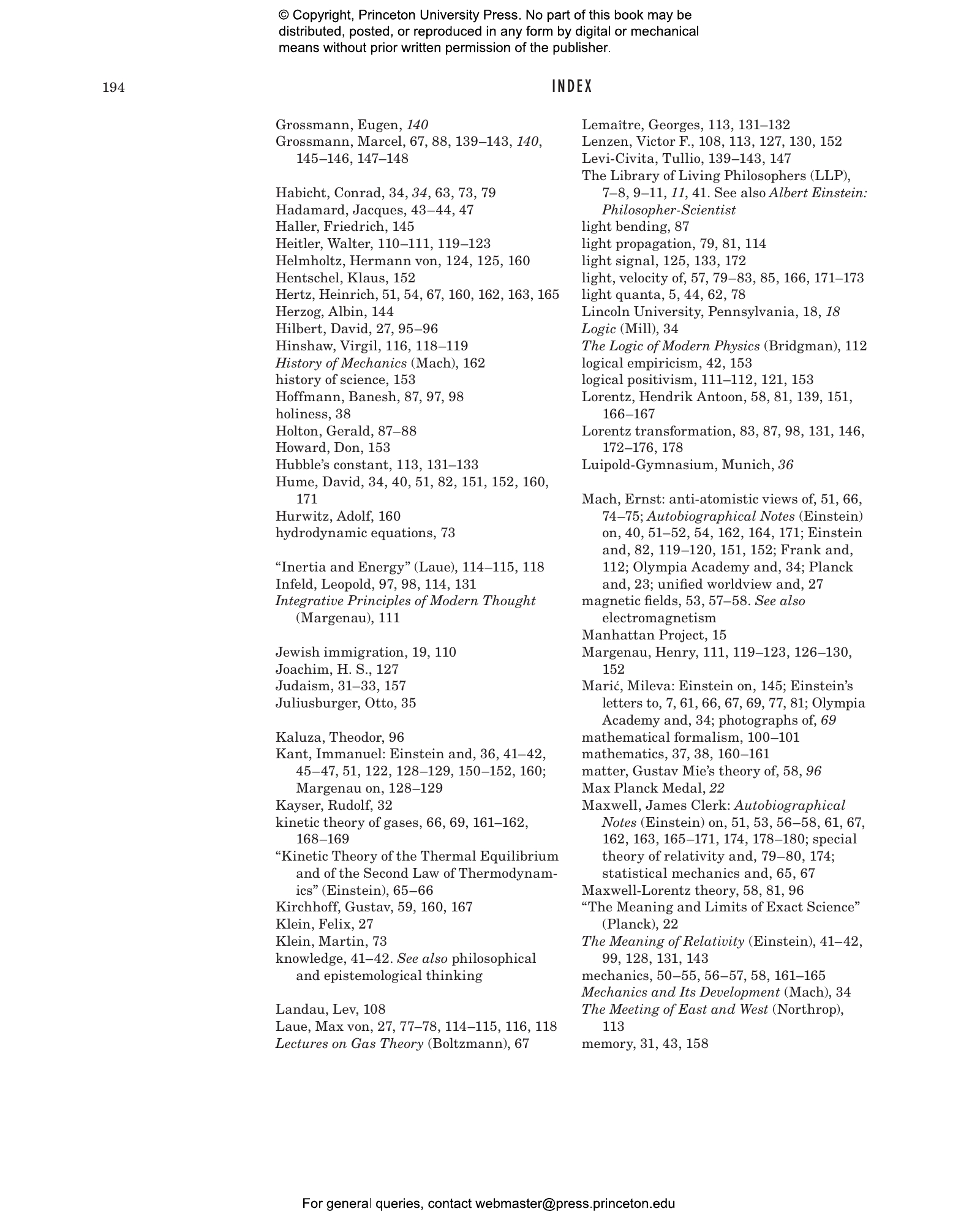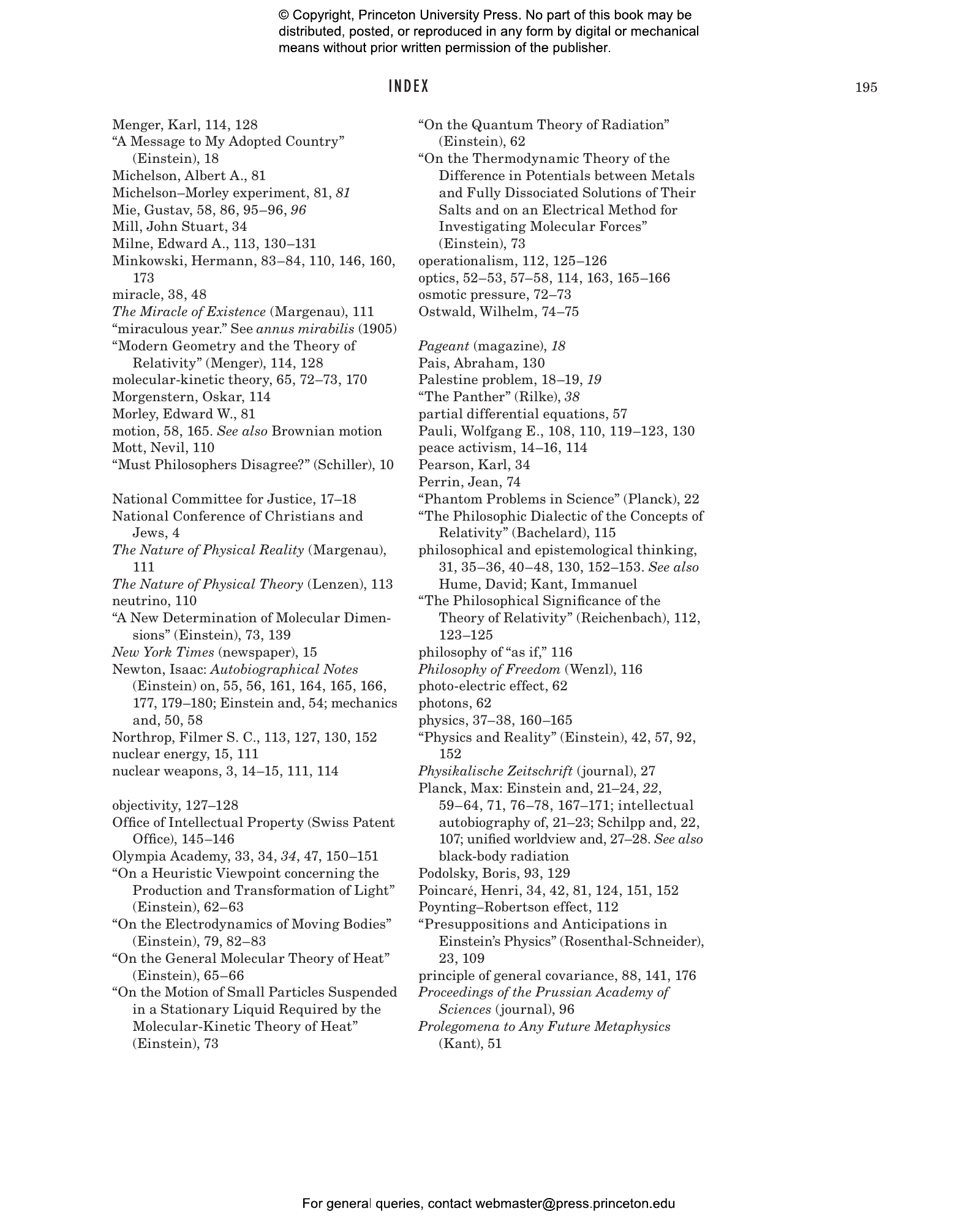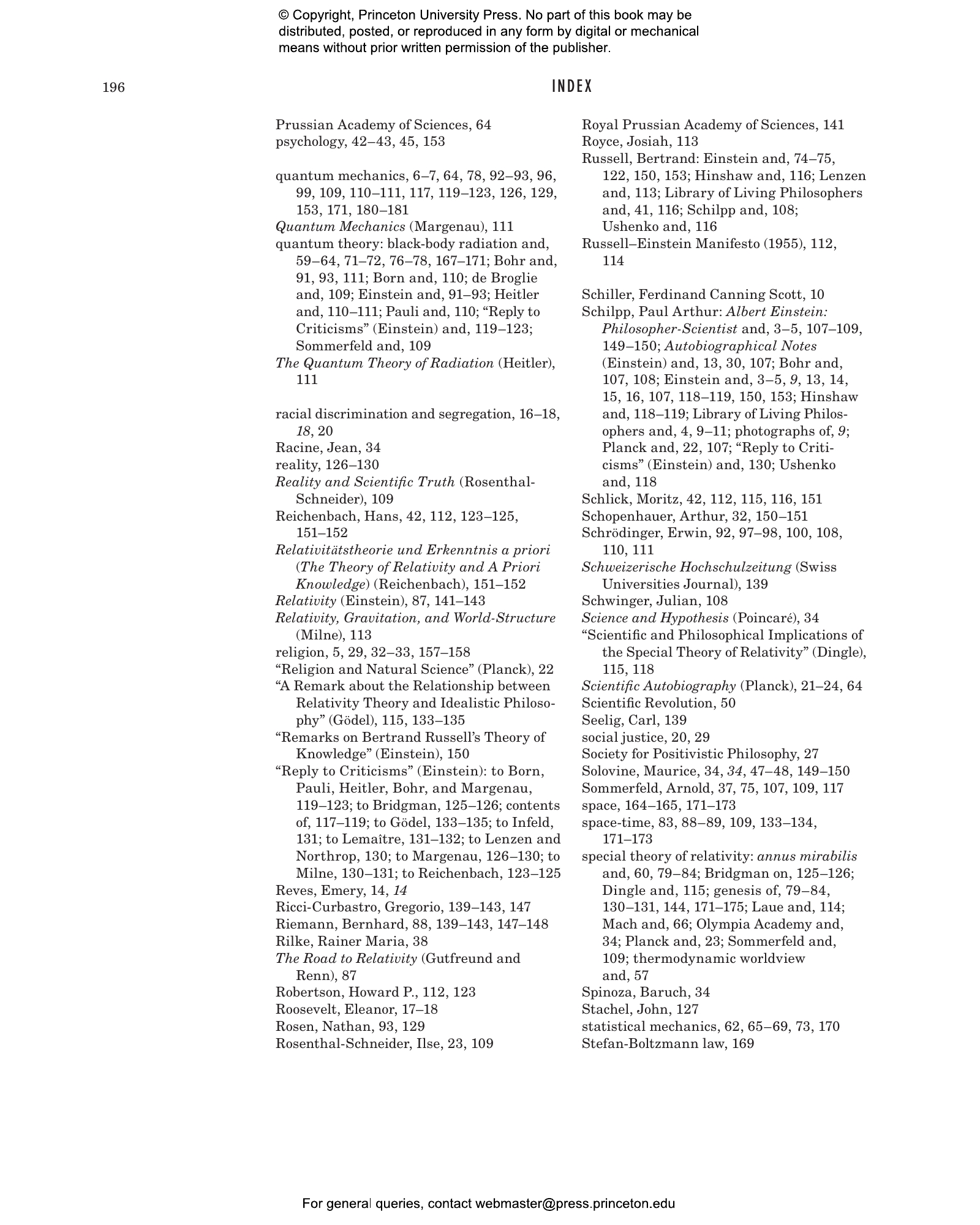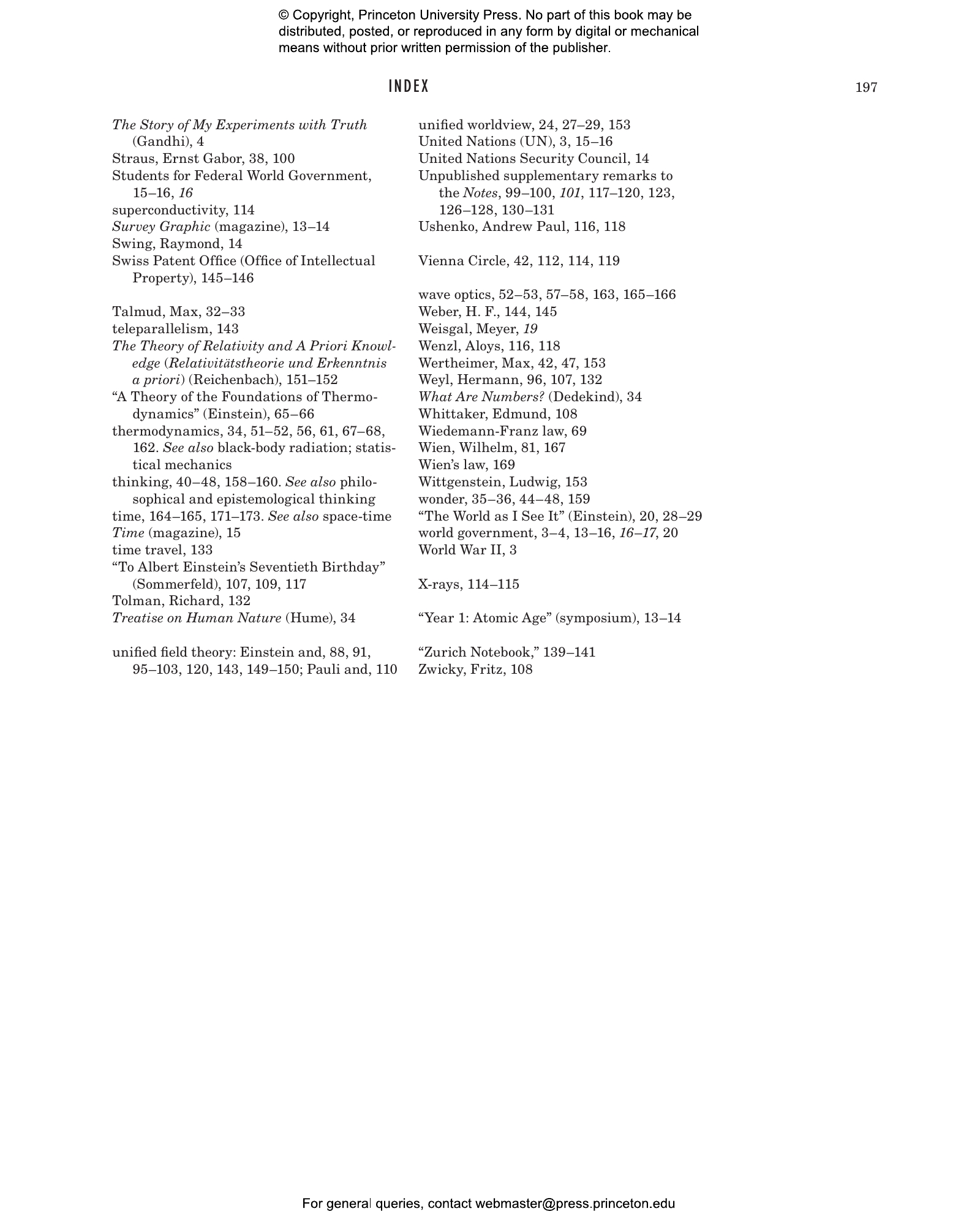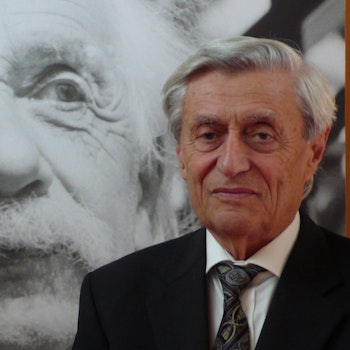At the end of World War II, Albert Einstein was invited to write his intellectual autobiography for the Library of Living Philosophers. The resulting book was his uniquely personal Autobiographical Notes, a classic work in the history of science that explains the development of his ideas with unmatched warmth and clarity. Hanoch Gutfreund and Jürgen Renn introduce Einstein’s scientific reflections to today’s readers, tracing his intellectual formation from childhood to old age and offering a compelling portrait of the making of a philosopher-scientist.
Einstein on Einstein features the full English text of Autobiographical Notes along with incisive essays that place Einstein’s reflections in the context of the different stages of his scientific life. Gutfreund and Renn draw on Einstein’s writings, personal correspondence, and critical writings by Einstein’s contemporaries to provide new perspectives on his greatest discoveries. Also included are Einstein’s responses to his critics, which shed additional light on his scientific and philosophical worldview. Gutfreund and Renn quote extensively from Einstein’s initial, unpublished attempts to formulate his response, and also look at another brief autobiographical text by Einstein, written a few weeks before his death, which is published here for the first time in English.
Complete with evocative drawings by artist Laurent Taudin, Einstein on Einstein illuminates the iconic physicist’s journey to general relativity while situating his revolutionary ideas alongside other astonishing scientific breakthroughs of the twentieth century.
"Physicist Hanoch Gutfreund and historian Jürgen Renn provide a sparky commentary."—Andrew Robinson, Nature
"[Einstein on Einstein] provides context, commentary, and background and explores Einstein’s thinking, theories, and contributions."—Dan Aubrey, U.S. 1
"The opportunity to read Einstein’s musings, interpreted by two current leaders in Einstein studies, is valuable to all interested in the history or philosophy of physics as well as in Einstein himself."—Jay Paschoff, The Key Reporter
"The main commentaries give hugely valuable insights into the development of Einstein’s thinking and how he positioned himself with respect to his predecessors and contemporaries."—David Lorimer, Paradigm Explorer
"Two eminent Einstein scholars have delved deeply into Einstein's musings and evolving thoughts on the fundamentals of his life and work, as recorded in what he whimsically referred to as his obituary. In this astute analysis, we learn that even Einstein needed space and time to understand not only the physical world, but also himself."—Alice Calaprice, coauthor of An Einstein Encyclopedia
"Einstein's Autobiographical Notes remains one of the most fascinating documents of modern physics. Gutfreund and Renn expertly place Einstein's own reflections in context, inviting readers to join Einstein on a remarkable intellectual journey."—David Kaiser, Massachusetts Institute of Technology
"A marvelous resource for historians, philosophers, and scientists. I really enjoyed Einstein on Einstein."—Daniel Kennefick, author of No Shadow of a Doubt: The 1919 Eclipse That Confirmed Einstein's Theory of Relativity
"This is a beautiful and engaging book. Gutfreund and Renn put Einstein's reflections in context, shedding light on the period when they were written as well as the intellectual journey Einstein himself writes about. Einstein on Einstein draws the reader in—this book is hard to put down."—Dennis Lehmkuhl, Lichtenberg Professor for History and Philosophy of Physics, University of Bonn
"A marvelous book. Gutfreund and Renn's brilliant commentaries make it clear that Einstein's autobiographical essay is not only indispensable to understanding the man and his work but also a canonical text in the tradition of Western autobiography."—Christoph Markschies, president of the Berlin-Brandenburg Academy of Sciences and Humanities
"Weaving the immediate and intimate autobiographical recounting of a life with authoritative commentary on its intellectual and emotional substance is a daunting task. Gutfreund and Renn, sympathetic yet critical admirers, have in this volume elegantly achieved that elusive goal."—Robert Schulmann, former director of the Einstein Papers Project
